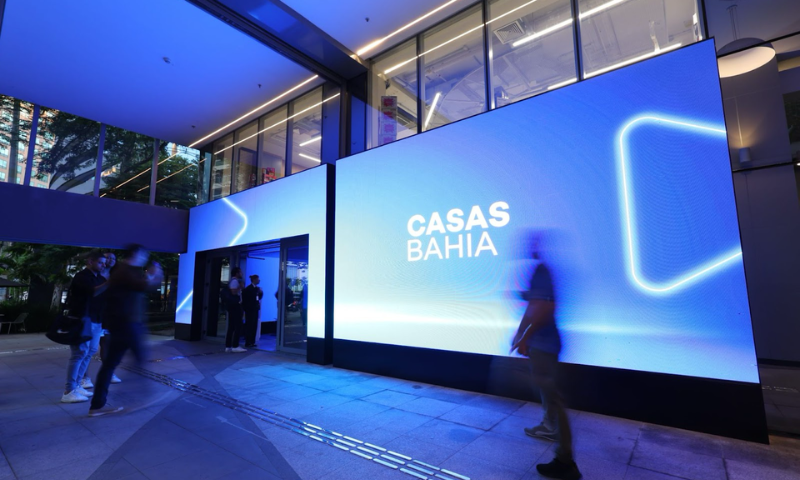GREEN ELETRON Electronics reverse logistics evolution in Brazil

Humberto Barbato, chairman of Green Eletron
Brazil is Latin America`s first place in electronics waste production. It produces 1.5 million tons per year and only recycles 3% of it. The first initiative to improve this scenario was the National Policy on Solid Waste, in 2010, setting responsibilities for reverse logistics implementation, i.e., the environmentally correct collection and destination of electronics and batteries.
Even without rules and goals set for reverse logistics in our sector, some companies have gotten ahead and adhered to Green Eletron, a non-profitable managing entity founded in 2016 by Abinee. Part of the industry awaited approval from the Electronics Reverse Logistics Sectoral Agreement to comply with, which has finally happened in October 2019, ratified with the signed decree dated February 12.
Brazil produces 1.5 million tons per year and only recycles 3% of it.
With regulations, companies that still haven’t put a system into practice should do it quickly. Today, Green Eletron works with 64 electronics and batteries brands that enabled the recycling of over 520 tons of electronic waste in 2019. Moreover, it has ended the year with 173 electronics disposal units in 69 São Paulo state cities and in the Federal District. The expectation is to reach 500 units in 13 states in 2020. In the case of batteries, they’re over 2,200 throughout Brazil.
We are proud to be leading this movement to make electronics reverse logistics accessible to everyone. There’s still plenty of challenges to overcome, but we are confident that the government, private sector, and society will together make the world more sustainable.
Source: Eletrolar News ed. 135





